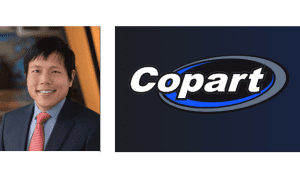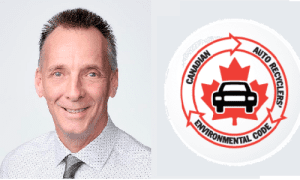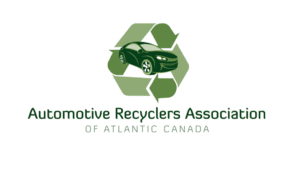CLOSING THE LOOP
In June, Lithion Technologies (Lithion) announced the completion of construction of its first commercial critical minerals extraction plant, Lithion Saint-Bruno, located in St-Bruno-de-Montarville, Quebec. Lithion is now in the commissioning phase to ensure that its processes operate safely and efficiently. The plant will extract the critical mineral concentrate, a black mass composed of lithium, nickel, cobalt, manganese and graphite. The second stage consists of a hydrometallurgy process to separate and purify the black mass to produce higher-quality materials that can be re-injected into the production of new batteries. Lithion plans to continue implementing the next stages of the recycling process.
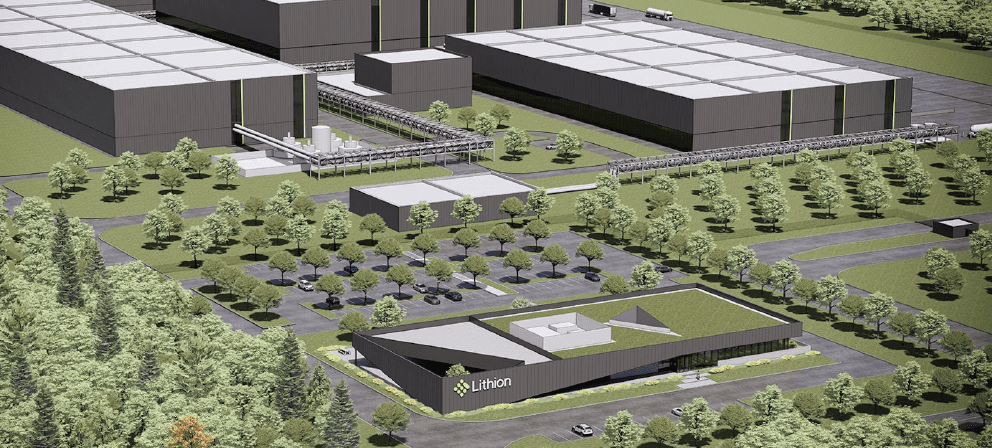
CANADIAN CONNECTION
Hyundai Canada has appointed Lithion as its official partner for the recycling of electric vehicle batteries across the country, with the aim of creating a more circular economy. The agreement, which was announced earlier this month, is multi-year and builds on an initial collaboration established in 2021 to validate Lithion’s mineral extraction technology. As stated in a Hyundai press release, under the partnership, Lithion’s responsibilities “encompass the entire recycling process, including logistics, collection, dismantling and recycling. The company’s advanced technology can recover up to 98 percent of the minerals contained in electric vehicle batteries, contributing to a more circular economy for battery materials”.
LIMITING EMISSIONS
According to data from Car-Part.com’s North American marketplaces, quoting for high-quality recycled parts instead of new parts results in an estimated reduction of 35 million metric tons of CO2e emissions per year. This is equivalent to 32 percent of the annual emissions produced by Canadian vehicles,” notes Tim Schneider, Managing Director of integrated marketplace Car-Part Pro. This is great news for the companies in the body repair sector who are committed to zero emissions, and for the auto recyclers who are responsible for the CO2e savings.” The data used in the iPro Analytics reports is based on CO2e savings data from a recent Ontario Automotive Recyclers Association (OARA) environmental impact study of major recycled parts in the Ontario market.
According to data from Car-Part.com’s North American marketplaces, quoting for high-quality recycled parts instead of new parts results in an estimated reduction of 35 million metric tons of CO2e emissions per year.
RECYCLING REBRANDED
After more than 35 years, the Institute of Scrap Recycling Industries (ISRI) has announced that it is now the Recycled Materials Association (ReMA). The new brand was unveiled at the closing general session of the ISRI 2024 Convention & Exposition, held in Las Vegas, Nevada, April 15-18. In addition, the organization’s new identity includes a new slogan – Sustainable. Resilient. Essential. Before unveiling its new name and logo, the association also celebrated its history by launching several initiatives. Earlier this month, the organization launched an online timeline featuring historic milestones in the recycled materials industry, as well as memorable moments from its 30-year history. Alongside this move, the association also launched a digital mosaic in which members have worked to share memories of ISRI and various events over the years in the run-up to ISRI 2024.
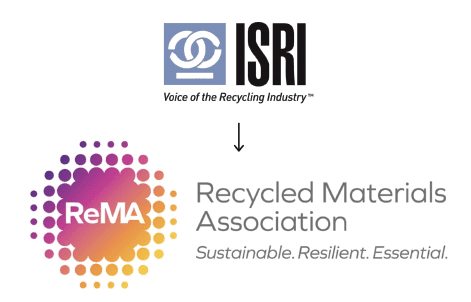
LOTZKAR TO LEAD
The Canadian Association of Recycling Industries (CARI) is pleased to announce the appointment of Jacqueline Lotzkar as President and CEO. Ms. Lotzkar will take up her new position on February 3. Lotzkar brings a wealth of experience in the recycling industry to her new role. She has received worldwide recognition and was recently named one of the 100 most inspiring and innovative leaders in recycling by Recycling International magazine. For the past four years, Ms. Lotzkar has held the position of Vice President of Pacific Metals Recycling International, where she was instrumental in the sale and transition process of this 112-year-old family business. An active member of the Recycled Materials Association (ReMA), Lotzkar has worked with government officials in Canada and the U.S. to defend the interests of the recycling and manufacturing industries. She holds a Master of Business Administration and a Bachelor of Commerce from the University of Victoria.





